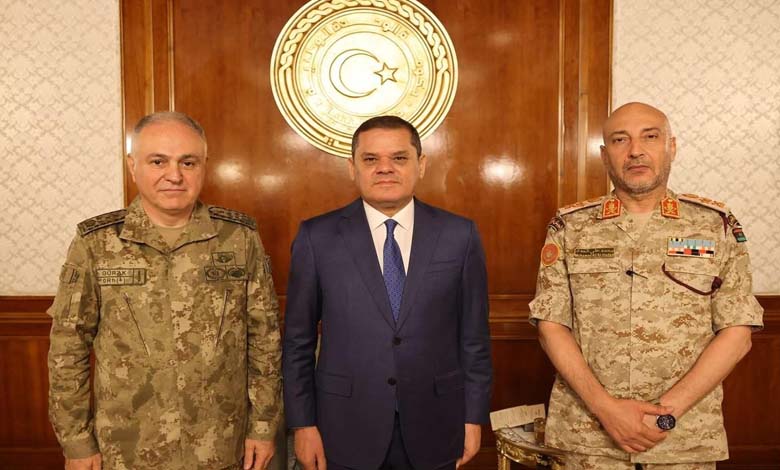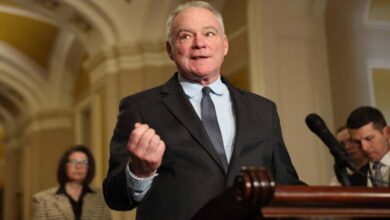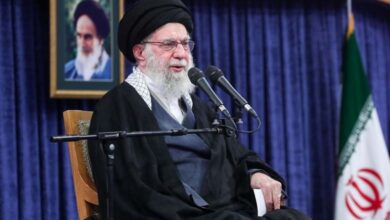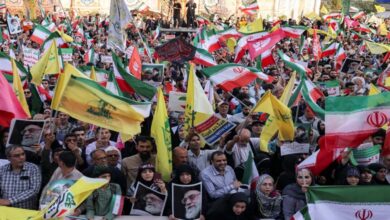Turkey expands its influence in Libya through military cooperation

Joint military exercises aim to maintain Turkish influence on the Libyan scene amid a state of tension with the ongoing political stalemate.
Turkey seeks to enhance its influence on the Libyan scene by expanding military cooperation with the Government of National Unity led by Abdul Hamid Dbeibeh amidst a power struggle between various regional and international forces, particularly Russia and the United States, while hope gradually fades for ending the division and unifying state institutions under the auspices of the United Nations with the ongoing political stalemate.
On Sunday, Dbeibeh held talks with Turkish Chief of Staff Metin Gürak about conducting joint military exercises during their meeting in the Libyan capital, Tripoli, where “Gürak” is present as part of an official visit leading a military delegation.
A statement from the Libyan government indicated that the meeting included “cooperation programs between the chiefs of staff of the two countries, and a number of training programs and joint military exercises between the defense ministries of the two countries,” adding that “Gürak conveyed a message from Turkish President Recep Tayyip Erdogan, affirming the historical relations between the two countries and working to develop them in all fields, most notably in the military and security fields.”
Turkey has significant influence in Libya, having supported the previous Government of National Accord led by Fayez al-Sarraj against the Libyan National Army during the 2019 war, preventing the army forces from entering the capital, Tripoli, and the cities of the western region.
Ankara sent numerous Syrian mercenaries along with a number of military experts to train the militias affiliated with the agreement and fight alongside them, not to mention support with weapons and drones.
After the formation of the Government of National Unity, the Turkish army supported the forces loyal to it and established close relations with several militia leaders to maintain many economic and political interests dating back to the period of the Government of National Accord and before, such as the memorandum of understanding on oil and gas, which was reinforced in the Government of National Unity in 2022 with another agreement for oil exploration in Libyan waters.
In 2022, Dbeibeh signed two agreements with Turkey based on an agreement signed in 2019 that angered European countries at the time.
Observers indicate that the head of the Government of National Unity continues to mortgage Libya to Turkey to gain its constant support to remain in power after the rising criticisms directed at him, not only from his opponents in the eastern region but also from prominent leaders in the western region who were allied with him.
The enhancement of military cooperation comes amid a power struggle between Russia on one side and Western powers led by the United States, a struggle that worries Ankara, which does not want to lose the Libyan scene.
Moscow has strengthened its cooperation with the Libyan National Army by sending two military frigates to the Tobruk base and deploying military equipment, while reports also mentioned the imminent formation of the Libyan-European corps in the western part of the country through a semi-official American security company.
The United Nations confirms that foreign intervention is among the main obstacles preventing reaching final agreements in Libya, leading to the unification of state institutions and progressing towards elections.












